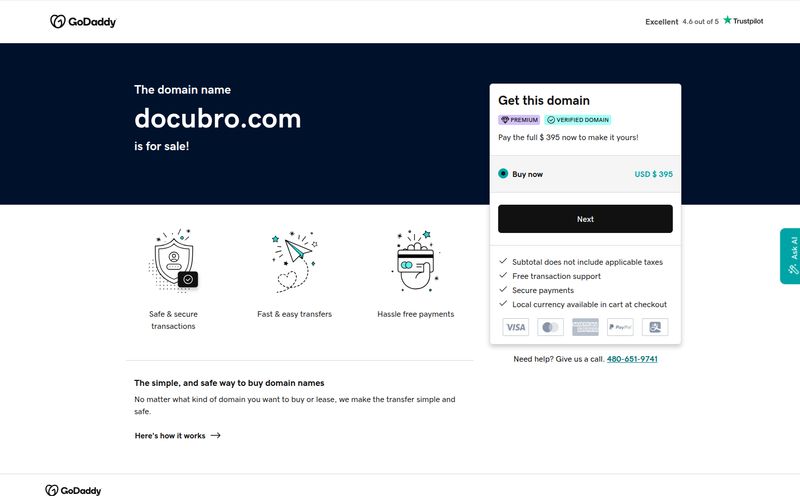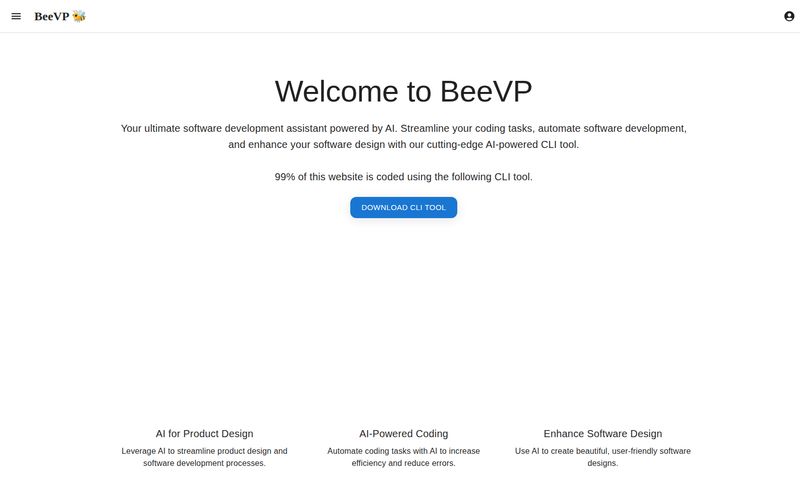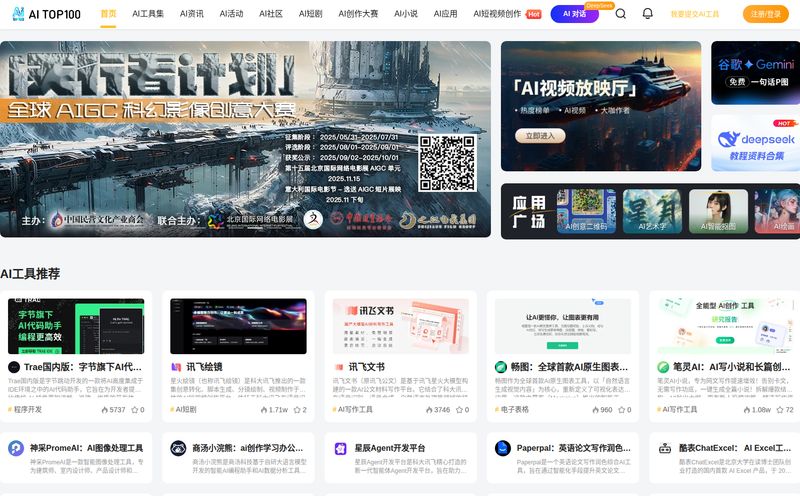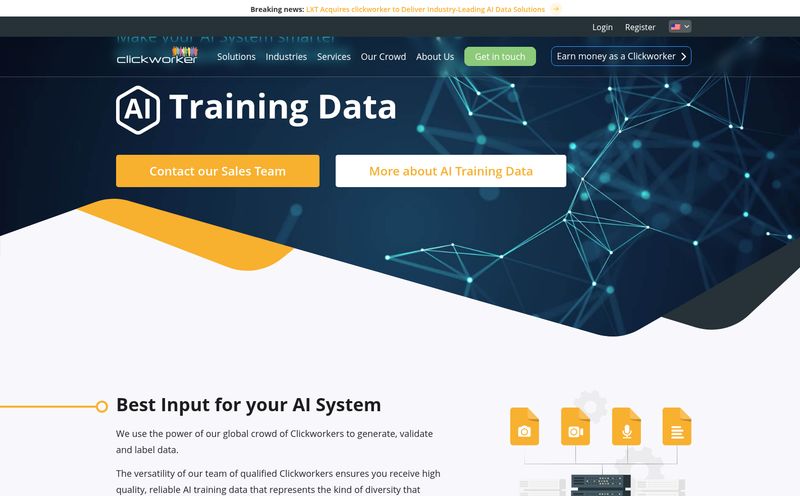As someone who’s spent more hours than I’d like to admit with my eyes glued to financial reports, I know the grind. You’re deep in a 10-Q, coffee going cold, trying to connect the dots before an earnings call. You build your model, you run your numbers, and you feel confident. Then, weeks later, you realize a key metric you based everything on was quietly restated in a subsequent filing. No fanfare, no big red arrow pointing to it. Just… changed.
It’s infuriating. It feels like you’re trying to solve a puzzle where someone keeps swapping out the pieces without telling you. These “silent revisions” are a massive blind spot in financial analysis. Companies revise metrics all the time for legitimate reasons, but the way SEC filings work, there’s no official “track changes” feature. No redline. No alert. It's a huge problem for anyone whose job depends on accurate data – that’s analysts, auditors, and compliance teams, I’m looking at you.
For years, the solution was just… more manual work. More double-checking, more paranoia. But what if there was a better way? I recently stumbled upon a tool that claims to be a watchdog for exactly this problem. It's called DeltaSignal AI, and it’s one of the most interesting, specialized AI tools I’ve seen in a while.
So, What's a "Silent" SEC Filing Revision Anyway?
Imagine you and your team are working on a critical report in a shared document. Now imagine one of your colleagues goes in, changes a bunch of key data points, and doesn't leave a comment or tell anyone. That's essentially what can happen with SEC filings. A company might file its 10-K, and then in the next 10-Q, they might backfill or adjust a value from that previous report. They're not hiding it maliciously (usually), but the system isn't designed to scream, "Hey! This number over here is different now!"
This includes stuff like:
- Restated or overwritten values: The most obvious and dangerous kind of change.
- Reclassifications: Moving a value from one category to another, which can change the whole story.
- Changes to dates or XBRL tags: The nerdy, under-the-hood stuff that can have massive implications for automated analysis.
For an analyst trying to build a historical model, this is a nightmare. For an auditor, it's a compliance landmine. It’s the stuff that keeps you up at night.
Introducing DeltaSignal AI: Your Financial Watchdog
This is where DeltaSignal AI wades into the conversation. It’s not another general-purpose AI chatbot. It’s a precision instrument built for one job: to track silent changes in SEC filings and tell you what others are missing. The website puts it perfectly: it’s like a “forensic accountant – just faster.” And honestly, that’s a fantastic way to think about it.
Instead of you manually comparing every line item from one filing to the next, DeltaSignal does it for you. It ingests the filings and flags every single change, or “delta,” between versions. It turns hours, or even days, of tedious cross-referencing into a concise executive brief. Suddenly, you’re not just reading the latest report; you’re understanding its entire history and evolution.
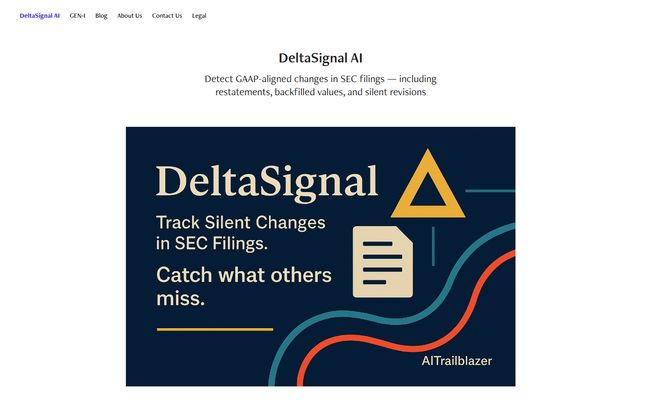
Visit ASAP
How It Actually Works (Without The Boring Jargon)
Okay, so how does it pull this off? It’s not just a simple text-comparison tool, which would be a chaotic mess. The magic is in its understanding of the structure of a financial report.
The system is built on what it calls a “version-aware graph DB.” Fancy words, I know. But think of it like this: it doesn't just see a filing as one big block of text. It sees every individual data point (like 'DeferredTaxLiabilitiesNoncurrent') and its value. It then tracks that specific data point over time. So when a company updates a number from a previous quarter, DeltaSignal’s system doesn't just see a new number; it sees that an existing data point has been modified. It creates an audit trail for every single value.
This is powered by its use of XBRL tags, the structured data format that the SEC uses. By focusing on these tags, it gets past the cosmetic formatting changes and hones in on the actual financial data. Its a game changer for anyone who relies on data accuracy.
Who Is This Tool Really For?
While I think it’s a cool piece of tech, it’s definitely not for everyone. This is a specialized tool for professionals who live and breathe this stuff. I see three core groups who would get a ton of value from this.
For the Analyst Hunting for Alpha
If you're an investment analyst, your edge comes from seeing what others don't. A quiet restatement of inventory or a change in how revenue is classified could be the earliest signal of a company's shifting fortunes. DeltaSignal could be the difference between catching that signal and reading about it in the news three months later.
For the Auditor Needing an Ironclad Trail
Auditors are all about the paper trail. Being able to see a clear, version-controlled history of every single metric is invaluable. It makes tracing changes and verifying financials so much easier and more reliable. This tool essentially creates the audit log that the SEC filings themselves lack.
For the Compliance Officer Avoiding Red Flags
For compliance teams, this is a risk management superpower. Spotting unusual or frequent revisions can be a major red flag. DeltaSignal helps you get ahead of potential issues by showing you exactly where the numbers are fluid, even when the company isn't making a big deal about it.
From Hours to Minutes and That "65 Workdays" Claim
DeltaSignal makes a bold claim on their site: “Imagine AI saving you just two hours a week. That's 65 workdays freed up per year!”
Now, my inner spreadsheet nerd kicked in immediately. Two hours a week is 104 hours a year. Divided by an 8-hour workday, that's 13 workdays. So, their '65 workdays' figure might be a bit... enthusiastic. Maybe they’re counting a different way, who knows. But here’s the thing: even if it only saves you 13 workdays, that's more than two and a half work weeks. I don't know anyone who would turn their nose up at an extra half-month of vacation time, do you? The core point stands: the efficiency gain is massive.
What's the Price Tag?
Ah, the million-dollar question. As of right now, there’s no public pricing page for DeltaSignal AI. It’s currently operating on a waitlist model for early access. This is pretty standard for highly specialized, B2B SaaS tools like this. Pricing is often customized based on team size, usage, and specific needs.
My guess is you’ll need to join the waitlist and have a conversation with their team to get a demo and a quote. It’s not a $10/month plugin; it’s a professional-grade analytics platform, and the price will likely reflect that.
My Final Thoughts: Is DeltaSignal a True Differentiator?
I think so. In a world awash with generic AI tools, DeltaSignal is refreshingly specific. It solves a real, painful, and high-stakes problem for a very specific set of professionals. The fact that its team, Altrailblazer, won “Best Azure App Integration” at a Microsoft & Azure Hackathon and is part of the NVIDIA Inception Program adds some serious credibility.
This isn't about replacing human analysts. It's about augmenting them. It automates the most soul-crushing part of the job—the manual verification of data—so that the human experts can focus on the part that matters: interpretation, strategy, and making the big calls. For the right professional, this tool won’t just be a time-saver; it could be a career-saver.
Frequently Asked Questions about DeltaSignal AI
- What exactly is DeltaSignal AI?
- DeltaSignal AI is a specialized AI platform designed to detect and track silent changes, revisions, and restatements within corporate SEC filings like 10-Ks and 10-Qs, providing an audit trail for financial data.
- Who should use DeltaSignal AI?
- It's primarily built for financial analysts, auditors, and corporate compliance teams who rely on the accuracy and consistency of data reported in SEC filings.
- How is this different from a standard document comparison tool?
- Standard tools compare text and show all changes, which is often chaotic. DeltaSignal understands the underlying structure of financial reports (using XBRL tags) to specifically track changes to financial data points, providing context and a clear audit trail.
- What are the potential downsides?
- The main limitation currently is access. The service is in a limited early access phase, so you have to join a waitlist. Also, as a highly specialized tool, it will likely come with an enterprise-level price tag.
- How much does DeltaSignal AI cost?
- Pricing is not publicly available. You need to join the waitlist on their website to get information on pricing and access, which is typical for specialized B2B software.
In the End, It's About Seeing the Unseen
Ultimately, the most valuable information isn't always what's presented in the latest report. It's the change between reports that tells the real story. It's the quiet correction that reveals a weakness or the subtle reclassification that signals a new strategy. DeltaSignal AI is built to shine a massive spotlight on these shadows. In the high-stakes game of financial analysis and compliance, being able to see what others miss isn't just an advantage—it's everything.
Reference and Sources
- DeltaSignal AI Official Website
- SEC EDGAR Database
- XBRL US - For information on eXtensible Business Reporting Language
